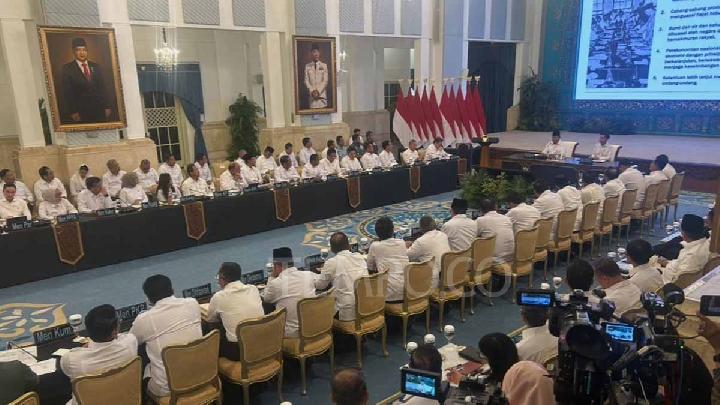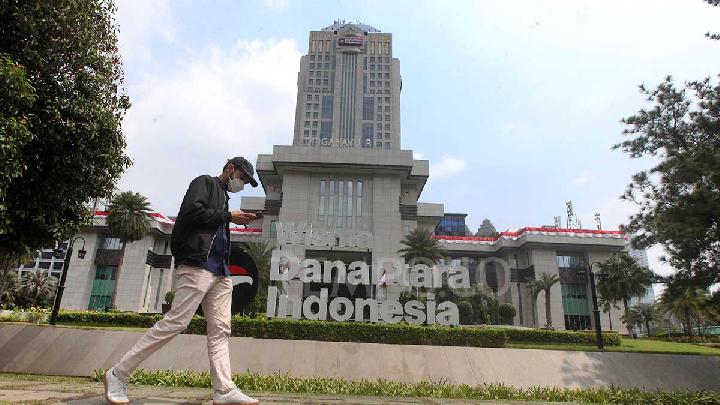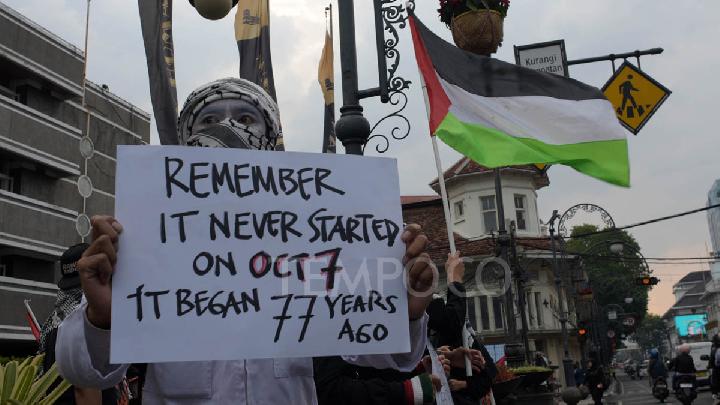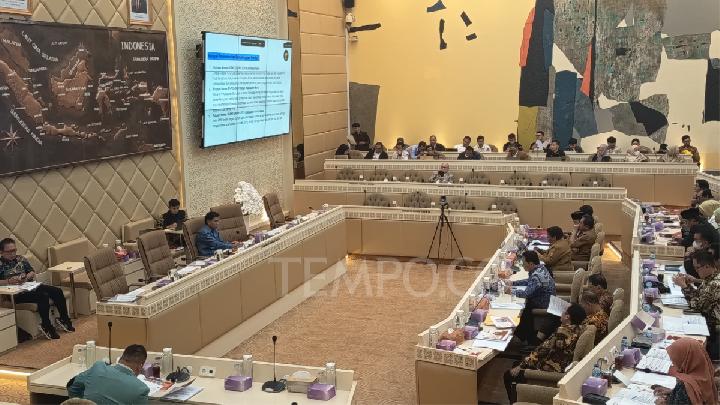September 10, 2025 | 04:05 pm

TEMPO.CO, Jakarta - A new burden sharing scheme, jointly agreed upon by Bank Indonesia (BI) and the Finance Ministry to finance the government's Asta Cita program, has drawn criticism from economists. Critics argue the policy risks accelerating inflation and compromising the central bank's independence.
According to Bhima Yudhistira, Executive Director of the Center of Economic and Law Studies (Celios), the initiative carries at least three major negative consequences: a surge in inflation, a threat to BI's independence, and the potential for the government to become dependent on continuous borrowing from the central bank.
The burden sharing plan was first revealed by BI Governor Perry Warjiyo during a meeting with the Regional Representative Council (DPD RI) on Tuesday, September 2, 2025. The scheme involves BI purchasing government bonds (SBN) from the secondary market. Under the agreement, BI will assume a portion of the interest payments on these bonds, easing the fiscal burden on the government.
The funds generated from the bond purchases are earmarked to finance two of President Prabowo Subianto's priority programs: People's Housing and Red and White Village/Community Cooperatives.
The Three Negative Impacts
According to Bhima, the primary risk is inflation. He argues that to acquire the SBNs, BI must effectively print money, a measure that could exacerbate existing inflationary pressures. These pressures are already rising due to soaring prices and scarcity of essential commodities, such as rice and fuel, in the domestic market.
"There's not much fuel being sold. This means there will be inflation triggers in the coming months. Adding burden sharing will make it worse. But the government denies everything," Bhima told Tempo on Wednesday, September 10, 2025.
The second concern is the jeopardization of Bank Indonesia's independence. A central bank's core mandate is to maintain monetary stability. Celios argues that this essential function is being compromised to serve the government's fiscal agenda.
The third major risk, Bhima stated, is the potential for government dependency on continuous central bank borrowing. This risk arises because BI acts as a "standby buyer," making it too easy for the government to rely on this financing mechanism rather than seeking more sustainable sources of revenue.
Government's Justification and Rebuttal
BI Governor Perry Warjiyo has defended the policy, explaining that the central bank's continued support is intended to ease the financial burden of programs aimed at the grassroots economy.
Recently, BI purchased Rp200 trillion in SBNs from the secondary market, with a portion of the funds allocated to these programs. The burden-sharing mechanism dictates that each party bears half of the interest burden. For example, the effective interest rate for each party is 2.9% for housing and 2.15% for village cooperatives.
Meanwhile, Finance Minister Purbaya Yudhi Sadewa, who recently took office replacing Sri Mulyani, stated that he has not yet had a detailed discussion on the policy but is confident it will not lead to inflation.
He argues that inflation would only occur with rapid economic growth. "Inflation is rapid growth, if the economy grows rapidly," he said at the Presidential Palace on Tuesday, September 9, 2025, as quoted from the Presidential Secretariat's YouTube channel.
Editor’s Choice: Bank Indonesia Resumes Burden Sharing Scheme, Buys Rp200tn in Bonds
Click here to get the latest news updates from Tempo on Google News
Indonesians Remain Pessimistic About Job Availability, BI Survey Reports
1 jam lalu
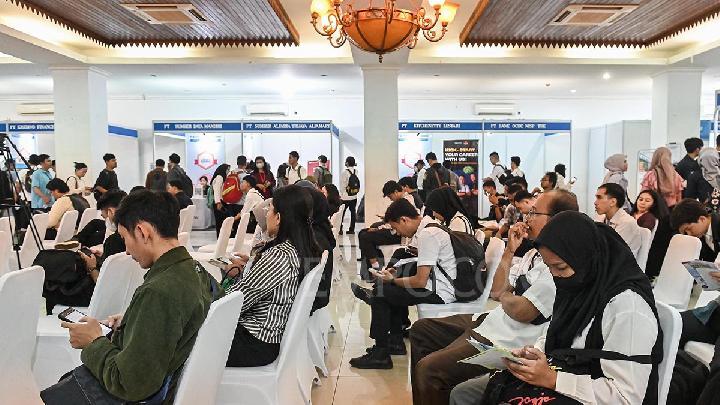
A survey conducted by Bank Indonesia (BI) indicates that the public remains pessimistic about job availability.
The Wealth of Finance Minister Purbaya Yudhi Sadewa, Sri Mulyani's Replacement
6 jam lalu
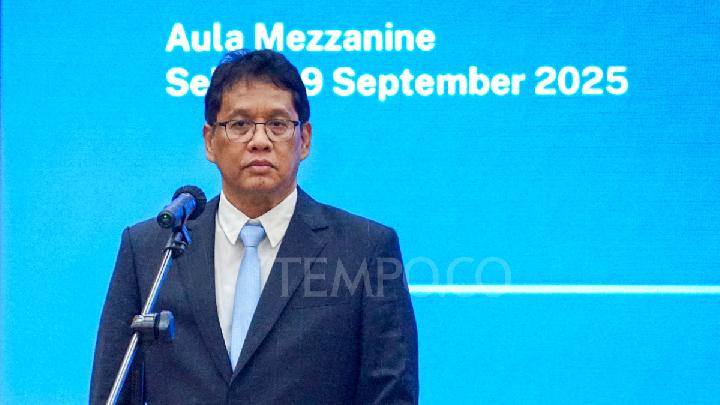
Based on the LHKPN downloaded from the KPK website, Purbaya's wealth in 2024 amounted to Rp 39.2 billion. What are the details?
Indonesian Economists Alliance Issues 7 Economic Demands for Prabowo's Govt
18 jam lalu

Hundreds of economists across the country sign the demands addressed to Prabowo's administration.
Students Call on New Finance Minister Purbaya Not to Belittle People's Demands
20 jam lalu
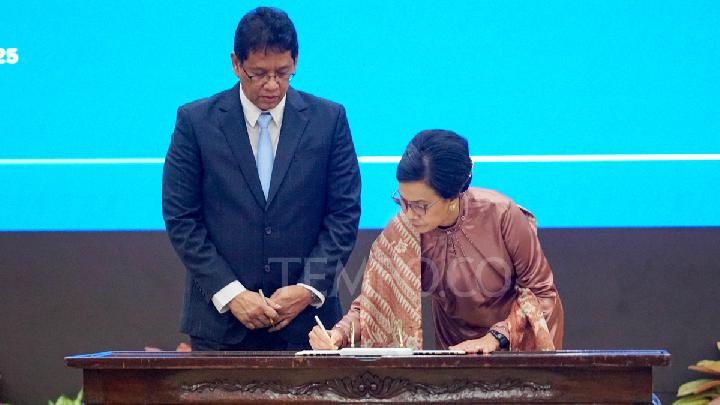
The Executive Board of the University of Indonesia's Student Union (BEM UI) has criticized a recent statement by new Finance Minister Purbaya.
How Did Sri Mulyani's Replacement Shake Indonesia's Stocks and Rupiah?
1 hari lalu

The replacement of the Finance Minister from Sri Mulyani to Purbaya causes an immediate market reaction. Researchers from UII shed light on this matter.
Rupiah Today Predicted to Slide Further to 16,550 per USD After Sri Mulyani's Exit
1 hari lalu

The weakening of the rupiah today is mainly due to the negative response from the market to the replacement of Finance Minister Sri Mulyani.
Celios Views Finance Minister Reshuffle as Positive Sign for Indonesia's Economy
1 hari lalu
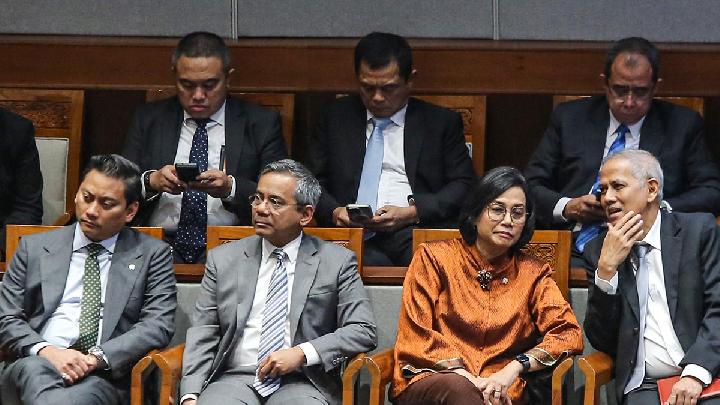
Celios identifies at least five tasks for Purbaya Yudhi Sadewa as the new Finance Minister.
New Finance Minister Purbaya Claims Confidence in Improving Indonesia's Economy
1 hari lalu

Purbaya mentioned that President Prabowo instructed him to boost economic growth to 8 percent within 100 working days.
Indonesia's August Foreign Exchange Reserves Fall by US$1.3B on Debt Payments
2 hari lalu

Bank Indonesia reported that foreign exchange reserves fell to US$150.7 billion in August 2025, down US$1.3 billion from July's US$152 billion.
Sri Mulyani Overhauls Indonesia's Financial System Stability Committee
3 hari lalu
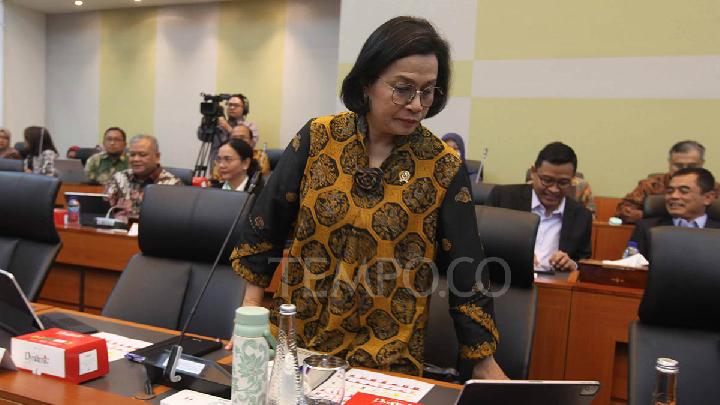
Indonesian Finance Minister Sri Mulyani has restructured the organization & work procedures of the Secretariat of Financial System Stability Committee














